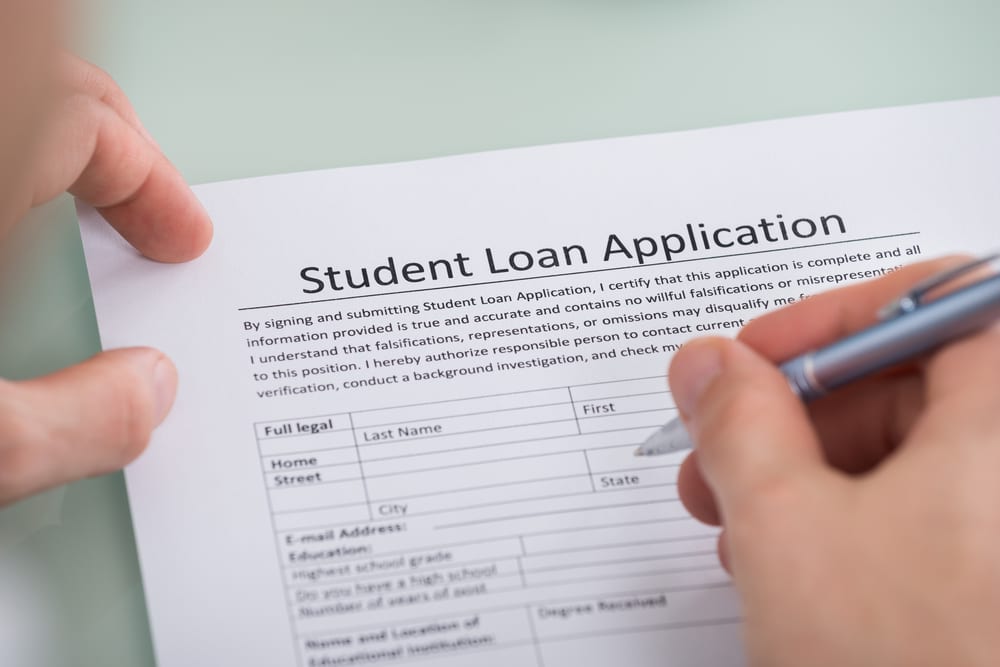Bankruptcy and Divorce: Which Comes First?


Financial problems can sometimes lead to divorce. Other times, the divorce itself can cause financial problems which lead to bankruptcy. It is a very fact-specific determination whether to file for bankruptcy first and then divorce, or to file for divorce first and then file for bankruptcy. The following is an overview of some of the main considerations involved in the timing of the divorce/bankruptcy equation.
One school of thought is to file for bankruptcy first to eliminate the debt, and then file for divorce. When both parties to the marriage have a large amount of debt, eliminating the debts in bankruptcy would help to avoid a potentially long and expensive process in the family court to determine which party should pay which debts. Another issue is that debts assigned pursuant to the Judgment of Divorce are not dischargeable in a Chapter 7 bankruptcy. However, you can file a Chapter 13 bankruptcy to resolve such debts. So an important consideration is whether you will be filing a Chapter 7 bankruptcy or a Chapter 13 bankruptcy. See my article entitled, “The Difference Between Chapter 7 and Chapter 13 Bankruptcy, and Which Chapter is Right For You.”
In bankruptcy, how much equity you have in your residence can be an issue. For example, if the residence has $40,000 worth of equity and both spouses are on the deed to the residence, each spouse has a real property exemption of up to $23,675.00. In that case, each spouse could protect $20,000 worth of the equity, and the residence would be protected from liquidation by the Bankruptcy Trustee. In that case, filing for bankruptcy while still married and while the property is still in both parties’ names would allow them to protect the equity from the bankruptcy Trustee. Conversely, assume the divorce came first and the property was awarded to one of the parties who subsequently filed for bankruptcy. In that event the party awarded the house may not be able to protect all the equity. For more information on how to protect the equity in your residence, please see my article entitled, “Will I Lose My Property and My Possessions If I File for Bankruptcy? – Part 1.”
Sometimes life does not care what your plans are. Even if it would be best to process the divorce first and then proceed to file for bankruptcy, you may decide to file the bankruptcy first if there is an impending foreclosure sale and you wish to save your home. Stopping the foreclosure sale is a critical issue. Prior to the foreclosure sale you have to pay what you are behind, plus fees and interest. If you do that, there will not be a foreclosure sale. If you do not catch up on the mortgage and the foreclosure sale is held, you have a six month redemption period if you remain in the property. But redemption means that by the end of that six month period you must pay the entire amount owing under the mortgage, not just what you were behind. I have never personally seen someone fail to catch up on the mortgage but then redeem the property after the sale and remain in the home. If a bankruptcy is filed prior to the scheduled foreclosure sale, it will stop the sale. A chapter 13 bankruptcy would allow you to catch up on the mortgage payments over three to five years rather than a matter of days or weeks like the mortgage company is demanding and there would be no foreclosure sale.
Of course, this all depends upon the cooperation to the other party to the upcoming divorce. You cannot keep the other party from filing individually for bankruptcy even if numerically it makes sense to process the divorce first. You also cannot keep the other party from filing for divorce even if it would make sense to file a bankruptcy first. If the other party is not likely to retain the marital home he or she may not care whether you can later protect the property from a bankruptcy Trustee. The other party may have little to no debt in his or her name. A party who has no personal stake in the outcome of a bankruptcy in the form of a discharge of debt is somewhat less likely to cooperate in the timing of the divorce/bankruptcy equation.
The above information is a general overview and is not intended to be used as legal advice. The Law Offices of Joumana Kayrouz has a number of attorneys each of whom specialize in a different area of the law. If you are considering filing for bankruptcy and/or divorce, the best thing to do is call our office at 248-557-3645 and schedule a free consultation so you can receive advice which is tailored to your unique financial and family circumstances.
By: Michael Benkstein, Esq.
Managing Attorney, Bankruptcy Department
The Law Offices of Joumana Kayrouz, PLLC
350




